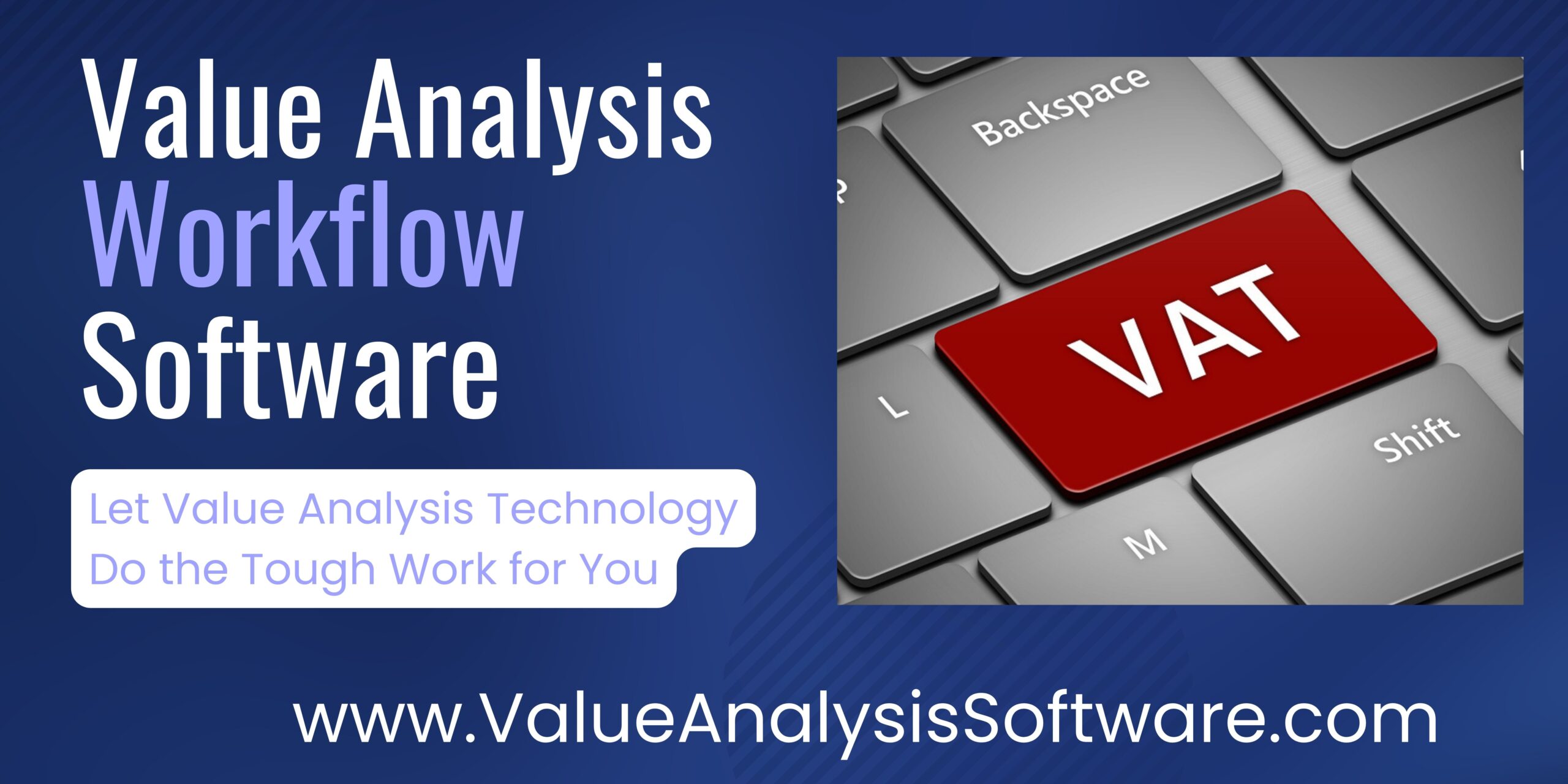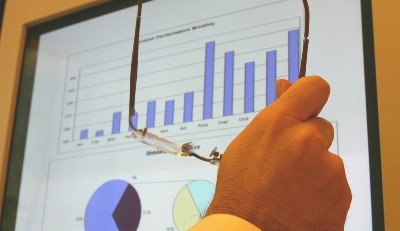 Dee Donatelli, Sr. Vice President, Provider Services, Hayes, Inc.
Dee Donatelli, Sr. Vice President, Provider Services, Hayes, Inc.
Dee Donatelli is the current President of the Association of Healthcare Value Analysis Association. She is also a Certified Material Resource Professional, Fellow of the Association of Healthcare Resource Material Management and an active member of AHRM’s Education Committee
(HVAM) Could you give us a little background on your history in healthcare and how you got into the supply chain and value analysis world?
(DD) I am currently the Sr. Vice President, Provider Services at Hayes Inc.; an evidence-based research and clinical outcomes company where I am responsible for providing innovation, leadership, and direction in the growth and expansion of products and consulting services in the provider sector. This includes providing the overall strategic and operational direction for research, development, and sale of new products and services. I started my healthcare career as a Registered Nurse and then a Director of Supply Chain more than 30 years ago. Over the past two decades I had worked as a consultant focused in the areas of supply chain cost reduction and value analysis process improvement and redesign.
Before joining Hayes, I was Vice President of Performance Services at VHA, Inc. where I provided executive leadership and direction for VHA’s consulting services, including VHA’s Clinical Quality Value Analysis. I also was in a leadership role initiating clinical consulting at Owens & Minor as well as a manager at Cap Gemini Ernst & Young. I have degrees in social work, nursing, and an MBA. I’m also a Certified Material Resource Professional (CMRP) and a Fellow of the Association for Healthcare Resource and Materials Management (AHRMM). And, I currently serve as president of AHVAP, the Association of Healthcare Value Analysis Professionals and sit on the Annual Conference Education Committee for AHRMM.
(HVAM) As you said, you are the current 2013/14 President of the Association of Healthcare Value Analysis Professionals which just celebrated the 10th Annual Conference in Scottsdale, AZ. What does it mean for an organization like AHVAP to pass such an important milestone?
(DD) It has taken less than a decade for an informal network of individuals dedicated to value analysis in healthcare to grow into an association of nearly 300. Through this network we continue to provide education as well as resources and growth opportunities for members. With continued support and membership, the next 10 years will provide professional standards and credentialing. An association is only as strong as its members, and AHVAP is growing stronger every year.
(HVAM) As the President of AHVAP, the Voice of Healthcare Value Analysis, what are some of the important leadership messages and initiatives from AHVAP you would like to share with our readers?
(DD) If you are working in value analysis in healthcare you need to be a member of AHVAP since it is the only professional association representing value analysis professionals. As cost reduction mandates increase in healthcare, all hospitals, systems and IDNs must improve their processes. Value analysis is that platform for doing so. As the Association of Healthcare Resource and Materials Management focuses on cost, quality, and outcomes, value analysis is the process improvement tool to accomplish these initiatives.
In 2014, AHVAP will introduce professional standards, learning modules, and eventually credentialing for all healthcare value analysis professionals. AHVAP is and will become a strong voice to represent value analysis in healthcare and its professional membership.
(HVAM) Should healthcare C-Suite Leaders be treating value analysis on the same level as Lean Management, Six Sigma, CQI and alike?
(DD) Value analysis actually should be the platform upon which other process tools are maximized, such as Lean Six Sigma, etc. The question is, where should value analysis reside with hospitals and systems? Traditionally, value analysis has reported to supply chain, which for many organizations works well. However, with the increasing demands for higher quality and reduced cost, perhaps it is time for some healthcare organizations to re-evaluate where value analysis should report. With quality always paramount, the need for clinical leadership is greater than ever. AHVAP supports the professionals dedicated to quality and outcomes and strives for cost effective management regardless of the place on the organization chart.
(HVAM) Like any major discipline there are emerging subset best practices and systems such as Evidence Based Value Analysis and Utilization Management. Could you tell us how you think these new VA best practices will impact the Healthcare Supply Chain?
(DD) Gone are the days that a clinician can simply “demand” a new technology. As value analysis professionals, we must research and understand the clinical as well as financial impact these new and emerging technologies will have on our patients as well as our own institutions. AHVAP continues to strive to educate members on the best process approach to evaluate a request for new as well as review the continued need for current practice. The goal always should be on the best practice and outcomes in the most cost effective way.
(HVAM) What is your view of the future of value analysis in the healthcare industry today?
(DD) The future of value analysis has never been brighter. If a healthcare organization does not have a consistent, unbiased, process driven approach to buying anything they will likely not survive the rapid changes upon the healthcare industry. It is up to value analysis professionals to demonstrate the process improvement approach that value analysis can bring to their organizations, in an effort to survive the challenges facing us today and in the future.
(HVAM) Your firm is one of the industry leaders in Evidence-Based Value Analysis. What are some of the advanced strategies you are employing that you would recommend to your fellow supply chain and value analysis practitioners?
(DD) Hayes, Inc., is dedicated to providing unbiased evaluations of evidence. With this said, I believe as value analysis professionals we need to better understand the difference between evidence and information. Then, we need to educate others on this topic. Far too often, I see healthcare organizations making decisions based upon information (much of which is very biased) or not taking the time to research the evidence at all. We must slow down the process, not stall it, but rather research it to make the best informed and evidenced-based decisions possible. It is time we have value analysis professionals lead the charge as patient advocates to question not only how we are making decisions, but why. Evidence is only one piece of the value analysis puzzle but, in my opinion, the basis upon which we make well informed and researched decisions.
(HVAM) What advice would you give a new Value Analysis Practitioner who just started in the field?
(DD) Good luck and join AHVAP, where other professionals can provide wisdom and support, since it is a jungle out there. You know the word “team” really stands for T-Together, E-Everyone, A-Achieves, M-More.
HVAM) What impact do you see AHVAP making on the healthcare industry in 2014 and beyond?
(DD) Networking, professional standards, education, and credentialing.
(HVAM) How do our readers learn more about or join AHVAP (Association of Healthcare Value Analysis Professionals)?
(DD) Go to our new website (www.ahvap.com), and then reach out to a member, and network, network, network. You are not alone. Make AHVAP your professional organization. Join a committee and become involved. You have much to offer and even more to gain.





